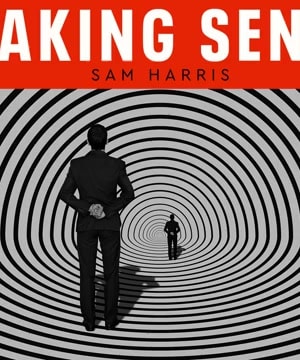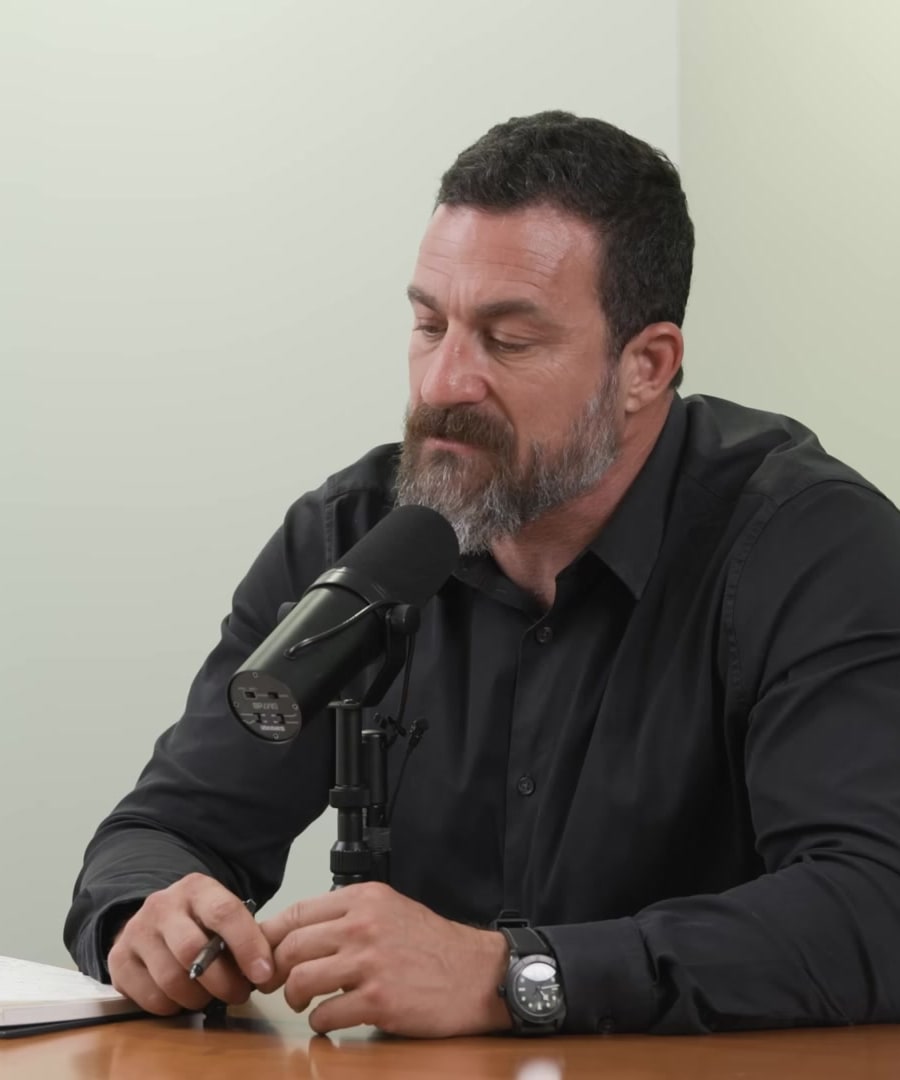What is the paradox of life and death?
Sources:
The paradox of life and death often revolves around the contrast between the finite nature of existence and the quest for meaning within it. Here are a few perspectives shared by experts on this subject:
-
Sam Harris discusses the idea that the finality of death doesn't necessarily impart meaning or meaninglessness to life. He notes the paradox in perceiving death as a state of eternal nothingness and argues that this view can be misleading, as death signifies the end of experience rather than an experience of non-being itself 1.
-
Aubrey Marcus and Trevor Hall touch on the paradox of fearing death while trying to live fully. They argue that focusing too much on the fear of death can prevent one from embracing life's joys. They emphasize the importance of accepting mortality to truly appreciate the present moment and make meaningful choices 2.
-
Richard Rohr explains the Christian paradigm of "death and resurrection" as a metaphor for the human journey, where understanding and accepting both failure and success, or life and death, brings about a more profound grasp of existence. This dualistic thinking is often resisted until one is forced to confront these realities 3.
-
James Hollis highlights mortality as a defining factor that gives life its meaning. He asserts that the limited time we have forces us to make meaningful choices, which would be diluted if we were immortal. This perspective helps in understanding the existential role of ego and the psyche's broader perception of life and death 4.
These views collectively illustrate the complex relationship between life and death, emphasizing how confronting and understanding this paradox helps in living a more meaningful and fulfilled life.
RELATED QUESTIONS-

